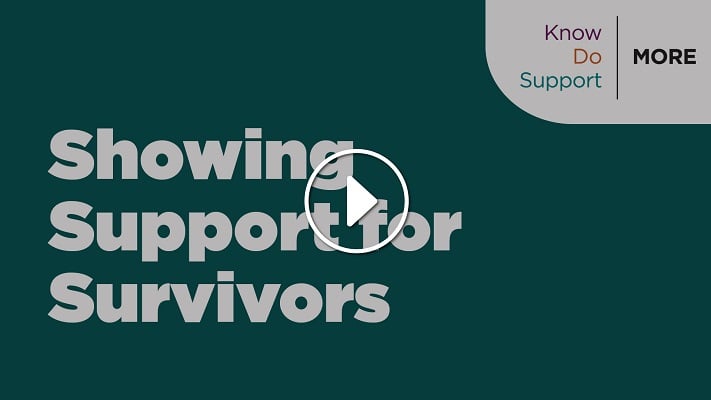Strategies
Supportive verbal responses can help guide a survivor on a path toward healing. Here are some strategies and suggested responses to help you help them.

Supportive verbal responses can help guide a survivor on a path toward healing. Here are some strategies and suggested responses to help you help them.
Regardless of your concern or best intentions, you cannot be the sole source of healing for a survivor. It’s important to recognize your limitations in the situation and to help the survivor connect with MSU’s resources for additional support and information.